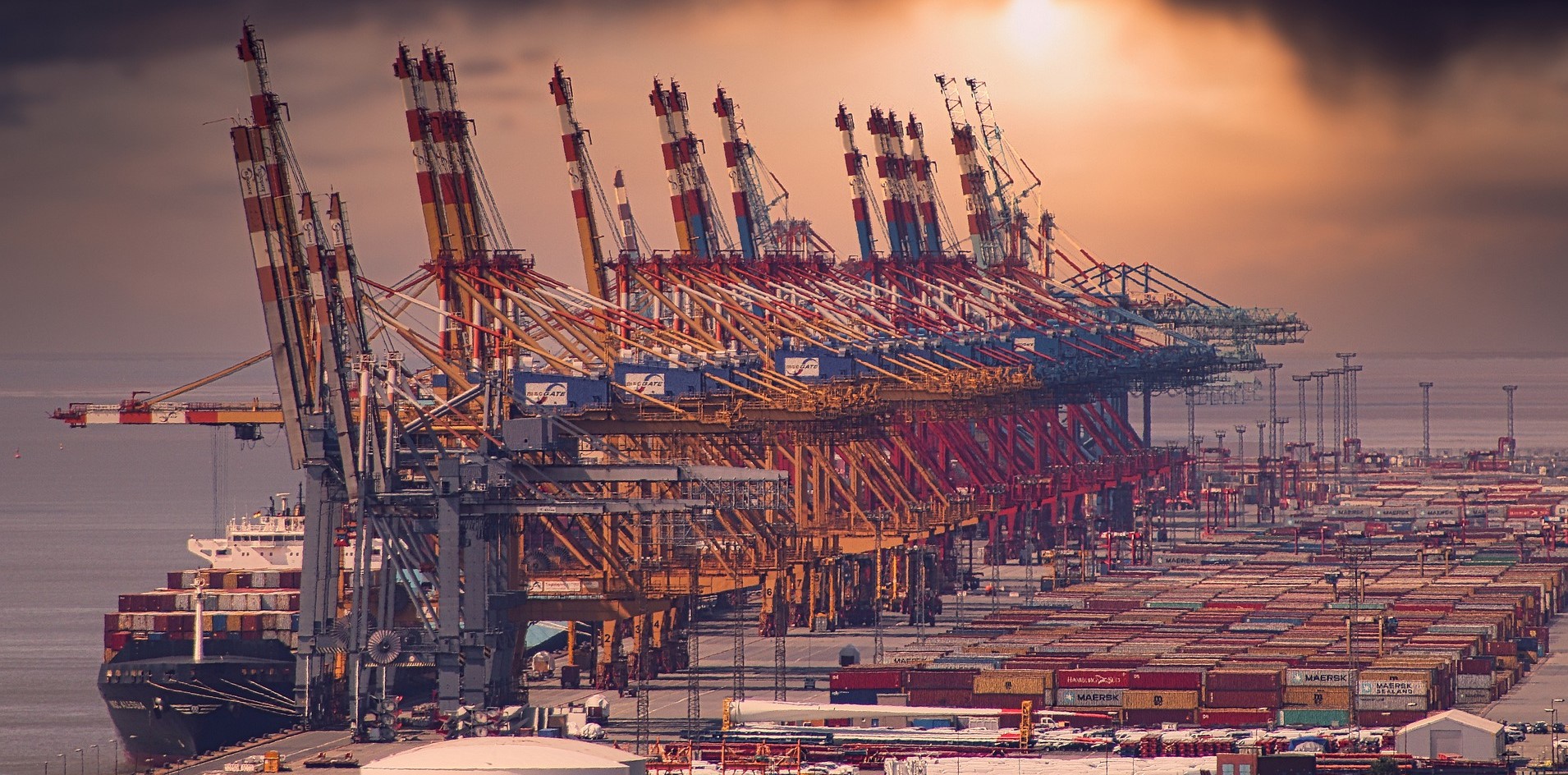
Happy New Year. I’d love to be able to start the year by reporting good news on the international freight and logistics front. Sadly, that’s not the case — it’s actually going to get worse for Australian importers.
And this will have a multi-faceted knock-on effect on our supply lines.
For example, for supermarkets to continue to stock fresh food and vegetables, farmers need a good supply of farm ‘inputs’ such as fertilisers and farm machinery parts. Disrupted logistic lines reduces availability, which reduces farm output which in turns affects supermarket orders . . . and eventually, you and me. Import difficulties affect us all, eventually.
The current global shipping challenge is straightforward: a continued large increase in export trade between China and the US and the EU (largely due to online purchasing by home-bound consumers during COVID) combined with ongoing large-scale port congestion at both ends (mainly due to COVID issues), is resulting in a lack of available ships to service the Southern Hemisphere.
Consider this:
All of this means we in Australia can expect to be faced with ongoing shipping challenges and increased freight costs for the foreseeable future.
And it’s still only week 2 of the New Year. Strap in for an interesting ride.
Want more information?
Contact MESCR GM James Scotland (james.scotland@aigroup.com.au) or get in touch via our LinkedIn here.

After a long career in multiple aspects of supply chain management, corporate training and business advisory, James brings a business improvement mindset to his role as General Manager of Supply Chain Resilience for Ai Group. A skilled communicator and adviser, James has been involved with Oil & Gas, the Defence industry and supply chain across the board for over 40 years.
James has a Masters degree in International Management and a partially completed Doctor of Business Administration. He says he'll get around to finishing it when he retires.